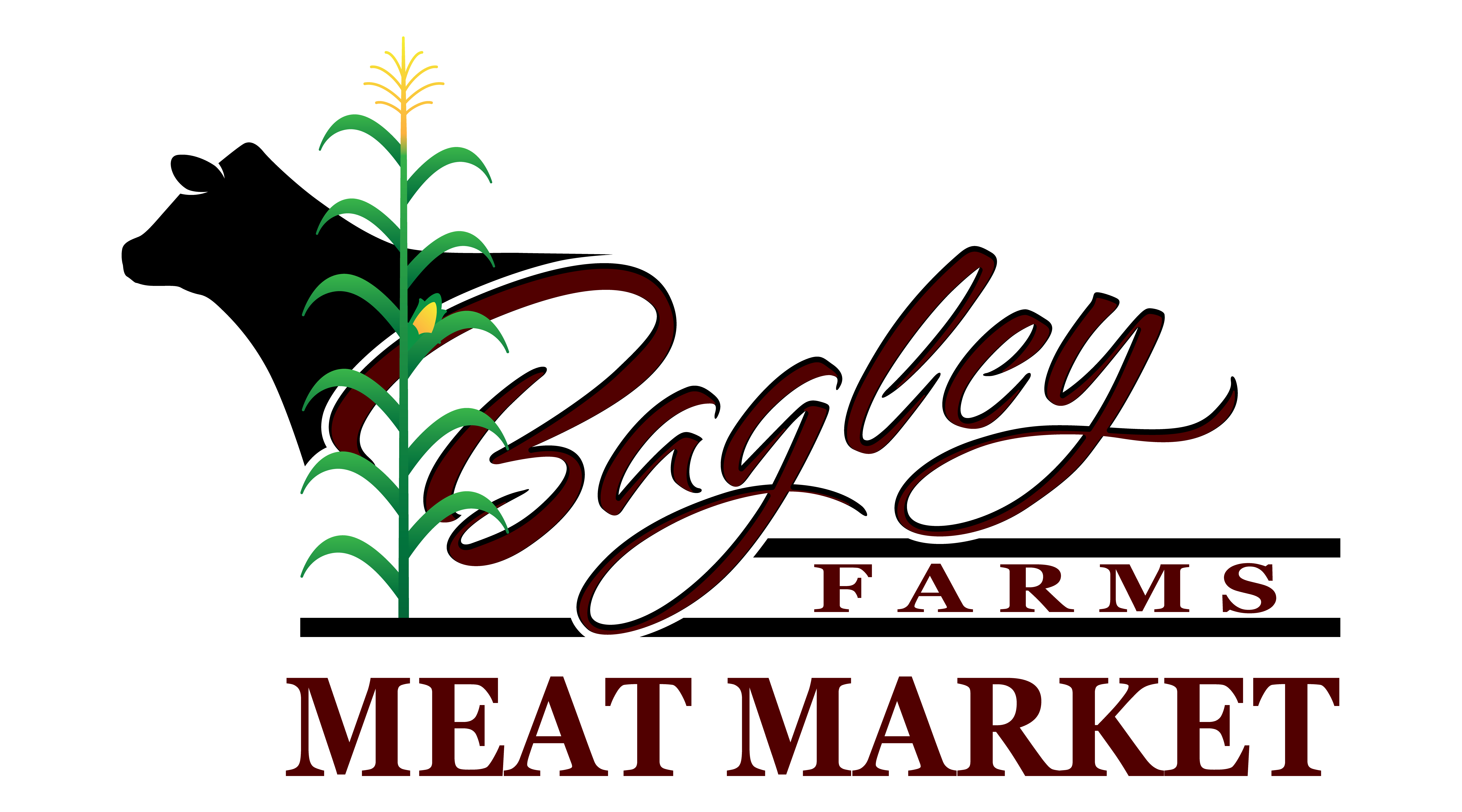Why Bagley Farms Meat Market in Edwardsville IL Is the Top Local Meat Choice
Why Bagley Farms Meat Market in Edwardsville IL Is the Top Local Meat Choice
Blog Article
Why Purchasing at a Neighborhood Meat Market Is the Best Option for Fresh Cuts
The option to go shopping at a local meat market stands apart as a compelling choice for those looking for fresh cuts, mainly due to the superior high quality and taste stemmed from direct sourcing. As these establishments usually collaborate with nearby farms, they can provide meats that are fresher and a lot more delicious than those discovered in larger grocery store chains. Additionally, the knowledge of well-informed butchers supplies customers with individualized solution and distinct cuts customized to their preferences. Yet, the benefits expand beyond just high quality; they discuss wider effects for neighborhood assistance and lasting practices. What other advantages might arise from this choice?
Superior Quality and Quality
When it concerns sourcing meat, a local meat market often attracts attention for its exceptional freshness and quality. Unlike huge chain supermarket, neighborhood meat markets typically resource their products from nearby ranches and providers, guaranteeing that the meat is not just fresh but additionally in period. This proximity enables for much shorter transport times, reducing the likelihood of putridity and preserving the meat's all-natural tastes and appearances.

Furthermore, the freshness of the meat equates to superior preference, improving cooking experiences. By choosing to patronize a local meat market, consumers not only support local economies but likewise delight in a higher standard of meat items that can raise everyday meals to remarkable eating experiences.
Experienced Butchers at Your Solution
The commitment to high quality at neighborhood meat markets is additional exemplified by the existence of well-informed butchers who are dedicated to giving phenomenal solution. These specialists possess a riches of experience in numerous cuts of meat, food preparation techniques, and taste accounts, enabling them to provide customized recommendations that enhance the client experience.

Furthermore, well-informed butchers take pride in sourcing premium meats, frequently developing connections with neighborhood farms and manufacturers. This commitment guarantees that consumers receive not only superior products but also understandings into the beginnings of their purchases. By involving with these experts, shoppers obtain confidence in their choices, ultimately causing an extra gratifying and enlightened meat-buying experience.
Supporting Local Economies
Sustaining neighborhood economic situations is an important outcome of shopping at a neighborhood meat market, as these establishments commonly prioritize sourcing their products from neighboring ranches and producers. By buying meat from regional markets, customers straight add to the monetary wellness of their communities. This practice helps to develop and sustain neighborhood work, varying from farmers and herdsmans to Get More Information butchers and shop staff.
When customers pick to go shopping locally, they boost demand for regional farming production. This not just advantages farmers by giving them with a trustworthy market however also urges sustainable farming practices that are basic to the local economic climate. Regional meat markets often tend to reinvest their revenues back into the neighborhood, whether via working with regional employees or funding community occasions.
Additionally, sustaining these markets cultivates a sense of neighborhood and link between consumers and manufacturers. Shoppers are frequently much more notified concerning where their food comes from and can develop partnerships with regional farmers, boosting transparency in the food supply chain. In general, selecting to patronize a neighborhood meat market is not merely a purchase; it is an investment in the neighborhood economy that yields concrete advantages for all stakeholders included.

Sustainable and Ethical Sourcing
Shopping at a local meat market often aligns with concepts of sustainable and ethical sourcing, as these facilities generally prioritize premium, locally elevated animals. By sourcing meat from close-by ranches, local markets reduce the carbon footprint related to transportation, contributing to ecologically accountable techniques. This distance also promotes area partnerships, enabling customers to connect directly with the farmers that elevate their food.
Additionally, many regional meat suppliers emphasize gentle treatment of animals, ensuring that their sourcing partners adhere to honest farming methods. This usually consists of pasture-based systems, where animals are permitted to roam freely and participate in all-natural actions, leading to much healthier animals and better-quality meat.
In comparison to large-scale commercial meat manufacturing, which can sometimes prioritize earnings over welfare, local markets are more probable to participate in transparent techniques. Consumers can ask about the resource of their meat, getting insights into the farming approaches and animal well-being criteria entailed. By selecting to patronize a local meat market, customers not only support moral practices however also promote a sustainable food system more information that values quality and stability over mass manufacturing.

One-of-a-kind Cuts and Modification Options
Neighborhood meat markets supply an outstanding selection of one-of-a-kind cuts and customization alternatives that are typically not available in bigger grocery store stores. These facilities pride themselves on their ability to satisfy specific choices, which is particularly important for both home cooks and culinary fanatics. Clients can ask for particular cuts tailored to their dishes, guaranteeing optimum taste and presentation.
One of the standout features of local meat markets is the chance to explore specialty cuts, such as hanger steak, flat iron, or lamb neck, which may not be found in traditional supermarkets. Furthermore, proficient butchers have the expertise to advise cooking techniques and pairings that boost the client's cooking experience.
Additionally, these markets usually permit consumers to individualize their orders, whether it be selecting the density of a steak or choosing exactly how a roast is cut. This degree of modification fosters a much deeper connection in between the customer and the item, inevitably resulting in a meal that is not just fresher yet additionally much more aligned with private preferences. By patronizing neighborhood meat markets, consumers gain access to a varied and customized choice that boosts their dining experience.
Conclusion
In final thought, Discover More Here buying at a regional meat market uses unrivaled advantages, including remarkable freshness and top quality due to guide sourcing from neighboring farms. Ultimately, picking a neighborhood meat market represents a commitment to wellness, community, and accountable intake, profiting both consumers and regional producers alike.
Report this page